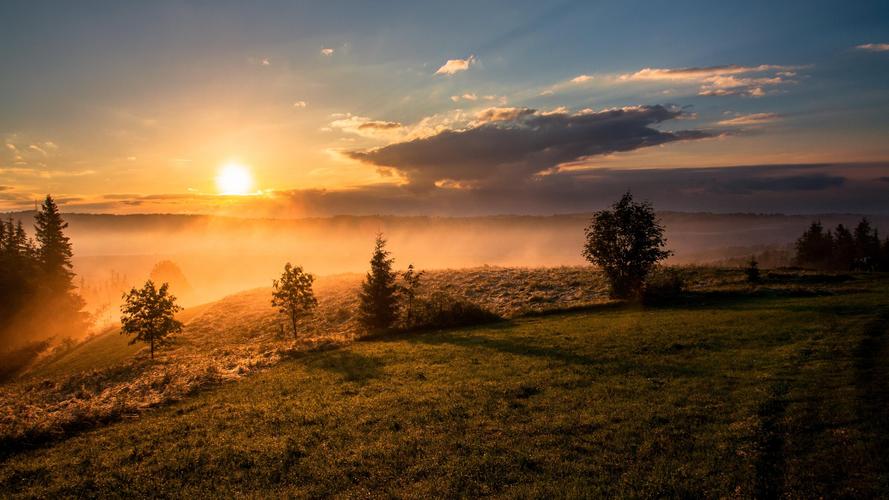India has been known for its rich cultural heritage and diversity since time immemorial. The country is home to a myriad of cultures, languages, religions, traditions, and history, which have had a significant impact on its identity and development. The cultural heritage of India is diverse and breathtaking, and it’s something that everyone should experience at least once in their lifetime. In this article, we will uncover the diversity and beauty of India’s cultural heritage, highlighting its various aspects and what makes it so special.
Cultural Diversity
India is a melting pot of cultures, with each state and region having its own unique traditions and practices. From the vibrant colors of Rajasthan to the serene backwaters of Kerala, India has something to offer for everyone. The country boasts several UNESCO World Heritage sites, which are a testament to its rich and diverse history. Architectural marvels like the Taj Mahal, the Konark Sun Temple, and the Khajuraho temples are just a few of the many wonders that India has to offer.
Religious Diversity
Religion plays a vital role in Indian culture and has been a unifying factor for centuries. Hinduism, Islam, Christianity, Buddhism, and Sikhism are the major religions in the country, with several other minor ones. India is the birthplace of four of the world’s major religions – Hinduism, Buddhism, Jainism, and Sikhism. Each religion has its unique practices and beliefs, adding to the country’s diverse cultural fabric. The country is dotted with several religious landmarks, including the Golden Temple, the Charminar, and the Vaishno Devi temple, to name a few.
Language Diversity
India’s linguistic diversity is vast, with over twenty-two major languages spoken across the country. Each language has its own script, literature, and dialects, showcasing its rich heritage. Hindi, Bengali, Telugu, Tamil, and Marathi are some of the most spoken languages in India, but the country has several lesser-known languages such as Konkani, Manipuri, and Kashmiri, among others. Each language has its unique literature and contributes to India’s rich cultural heritage.
Traditions and Festivals
Indian traditions and festivals also form an integral part of the country’s cultural heritage. Diwali, Holi, Durga Puja, Eid-ul-Fitr, Christmas, and Buddha Jayanti are just some of the many festivals celebrated in India. Each festival has its unique rituals, customs, and significance, showcasing the diversity of Indian culture. The country’s rich textile heritage, handicrafts, cuisine, and music also contribute to its cultural diversity.
In conclusion, India’s cultural heritage is diverse, vibrant, and breathtaking. The country’s history, architecture, religions, languages, traditions, and festivals are some of the many factors that contribute to its unique identity. India’s cultural heritage is a source of pride for its citizens and a source of fascination for people across the world. It’s a testament to the country’s resilience, creativity, and unity in diversity.
(Note: Do you have knowledge or insights to share? Unlock new opportunities and expand your reach by joining our authors team. Click Registration to join us and share your expertise with our readers.)
